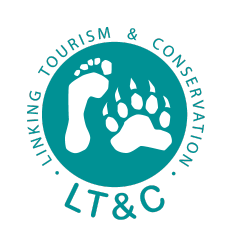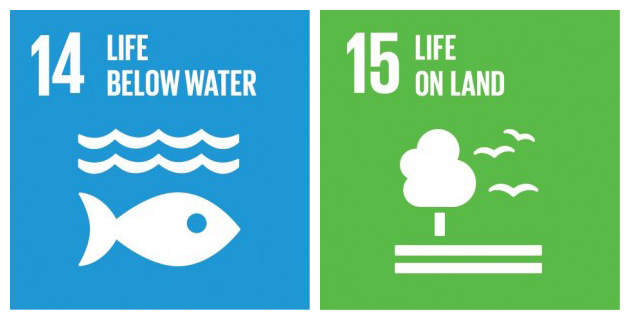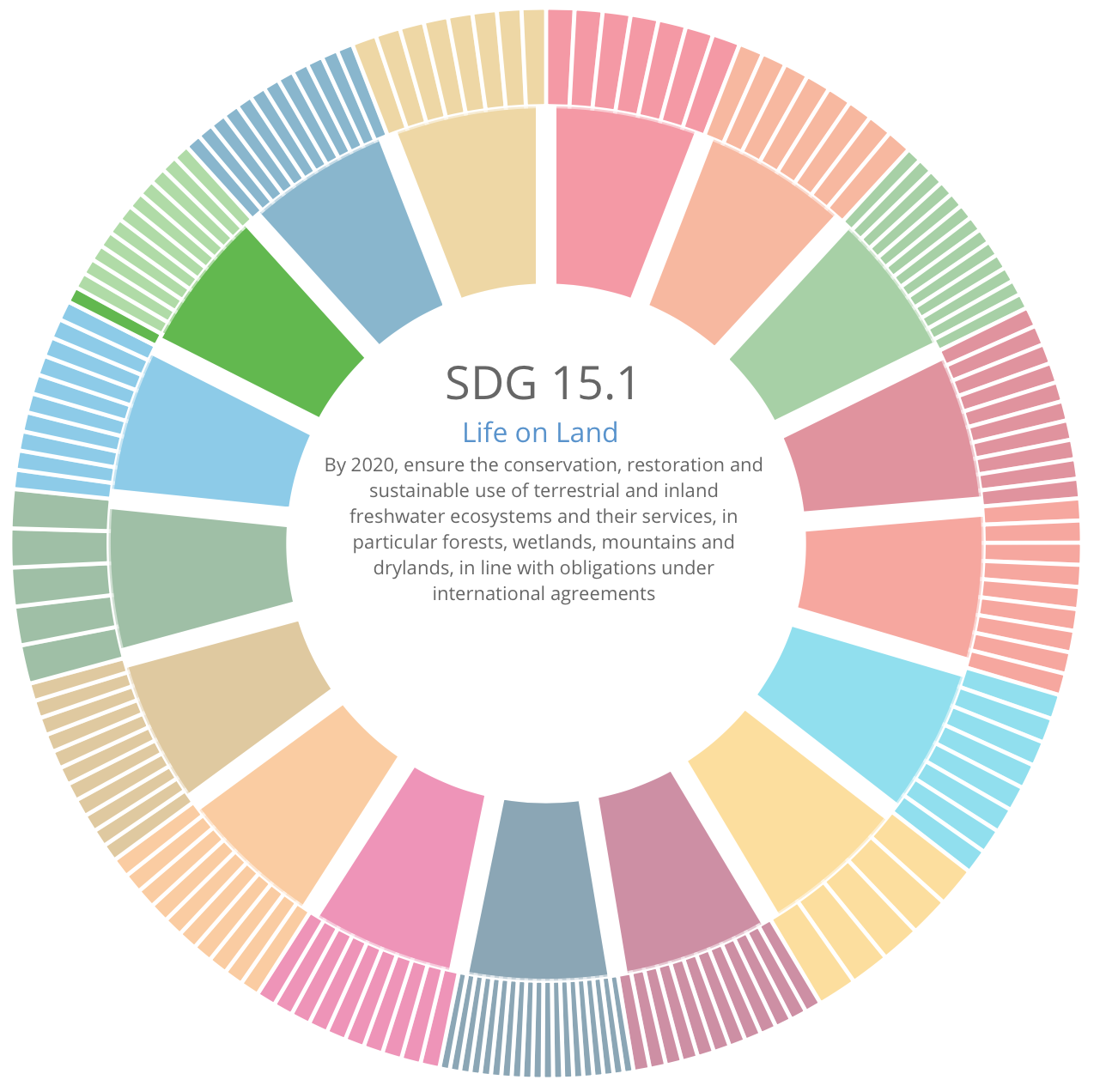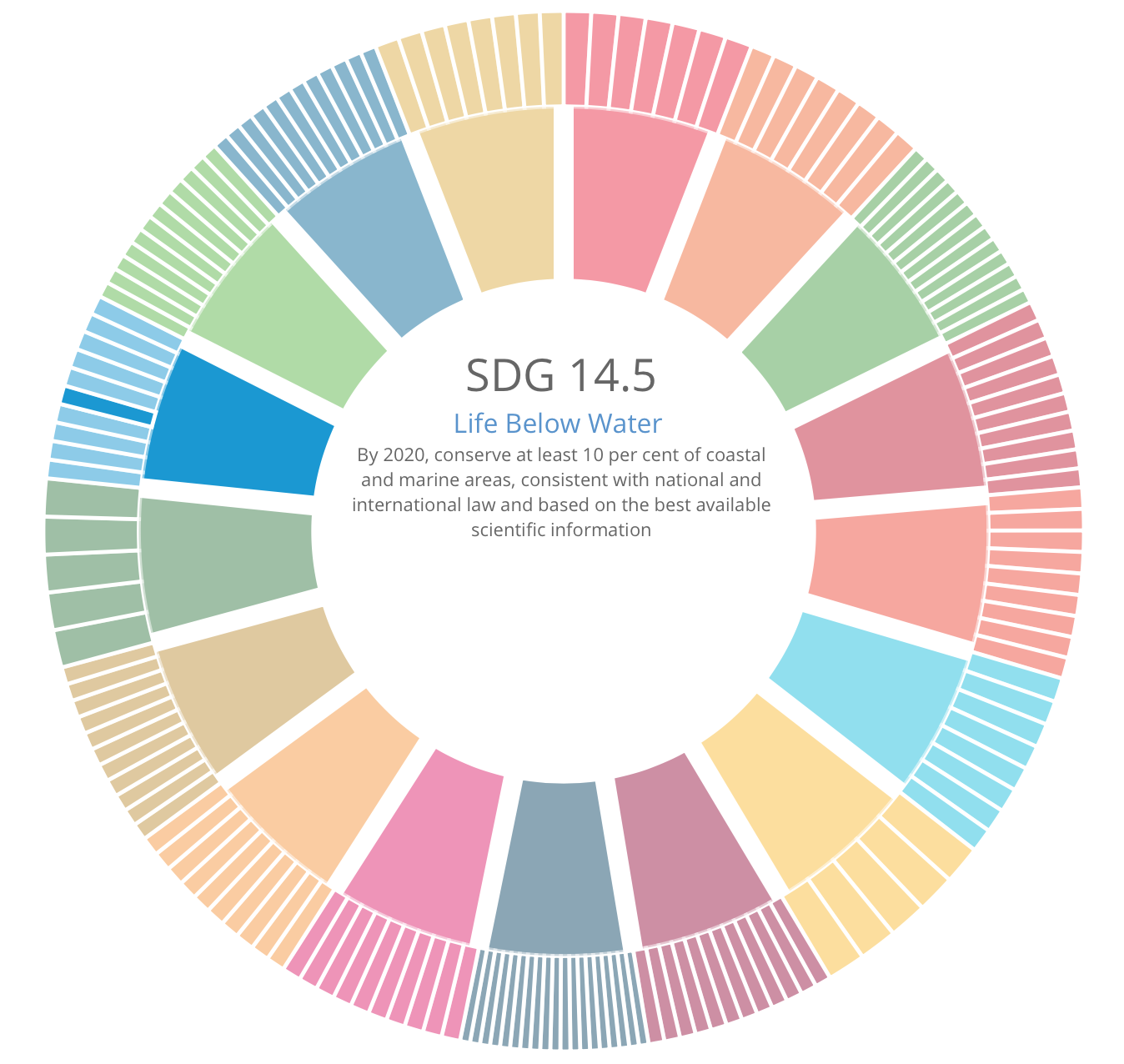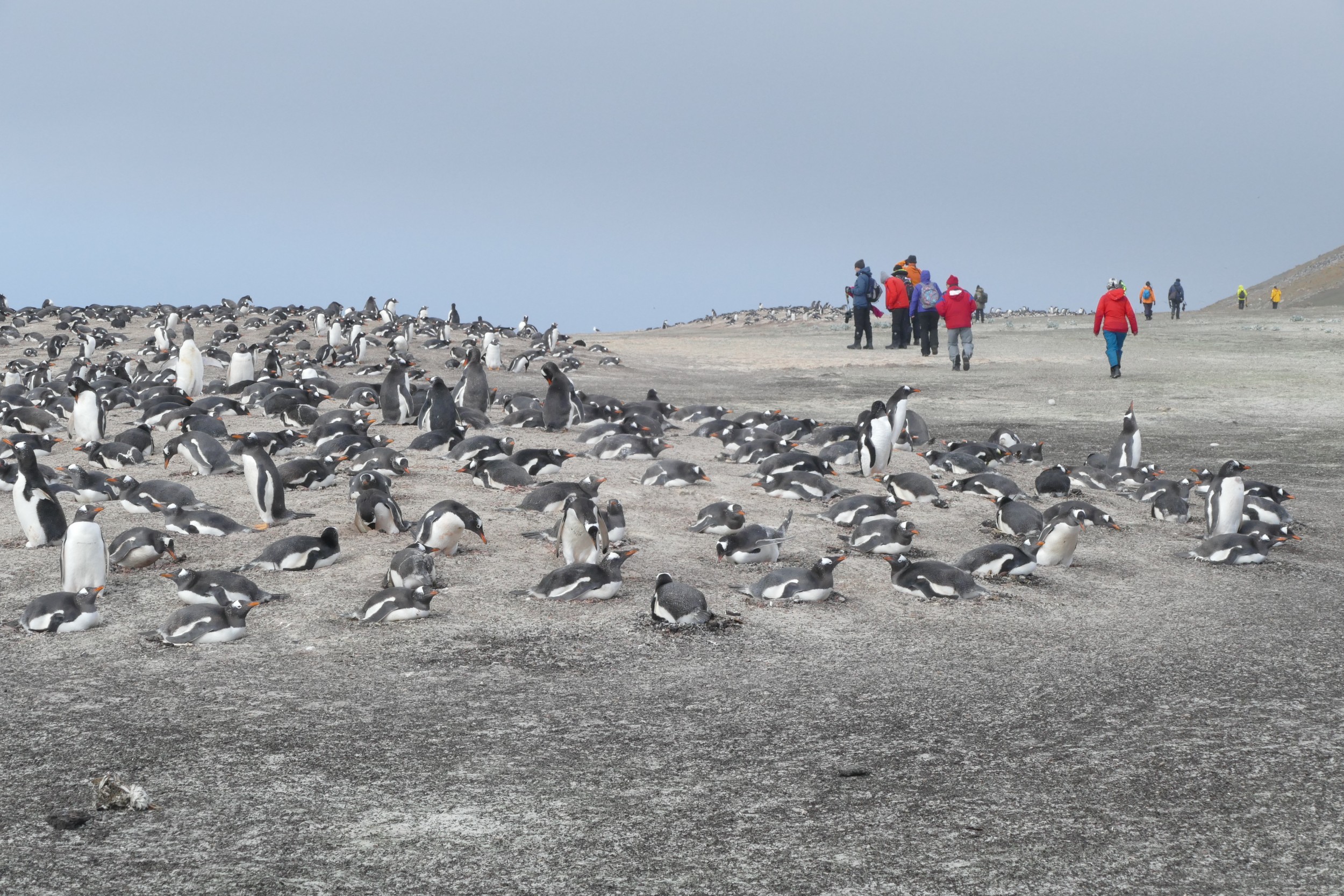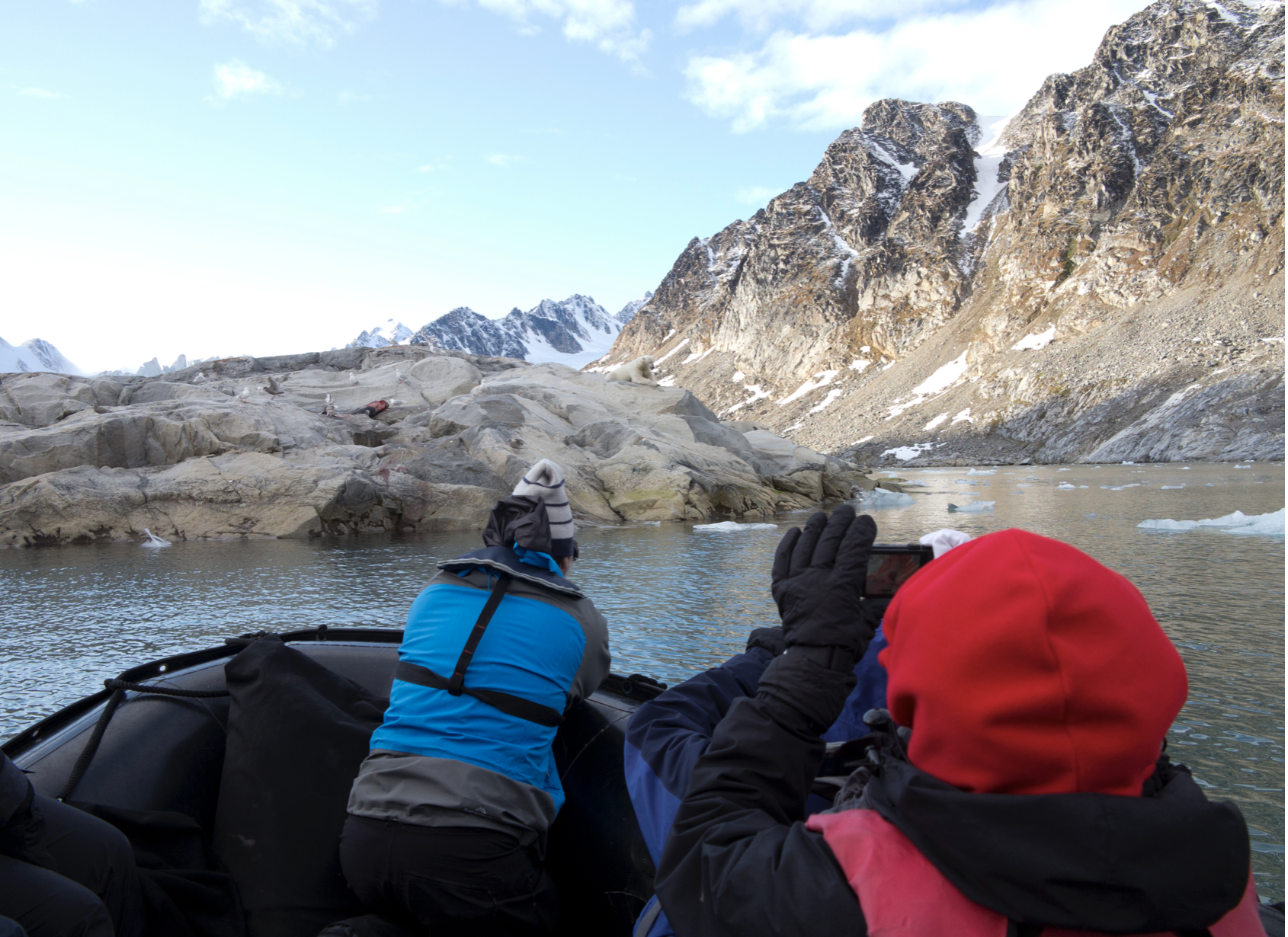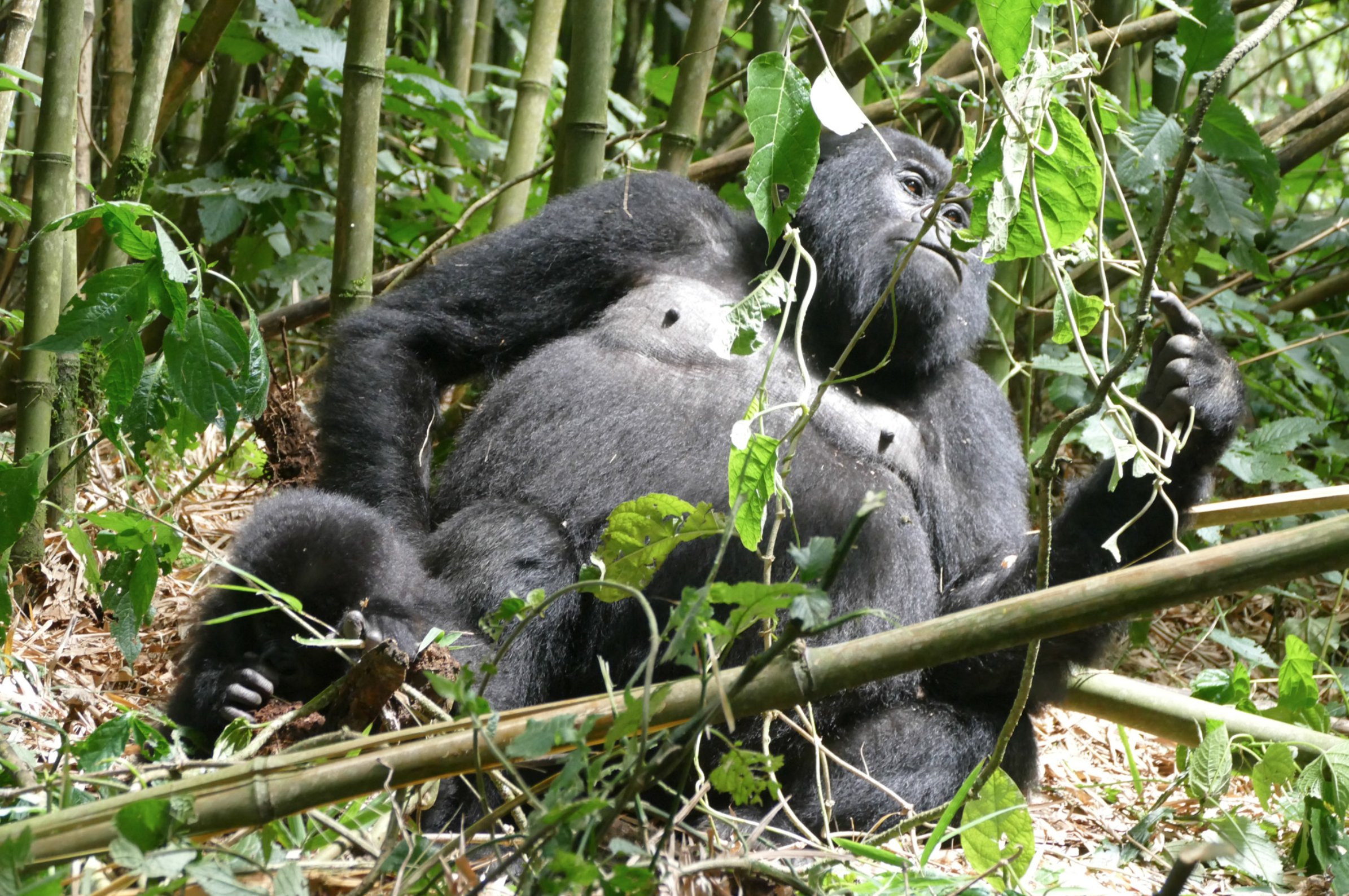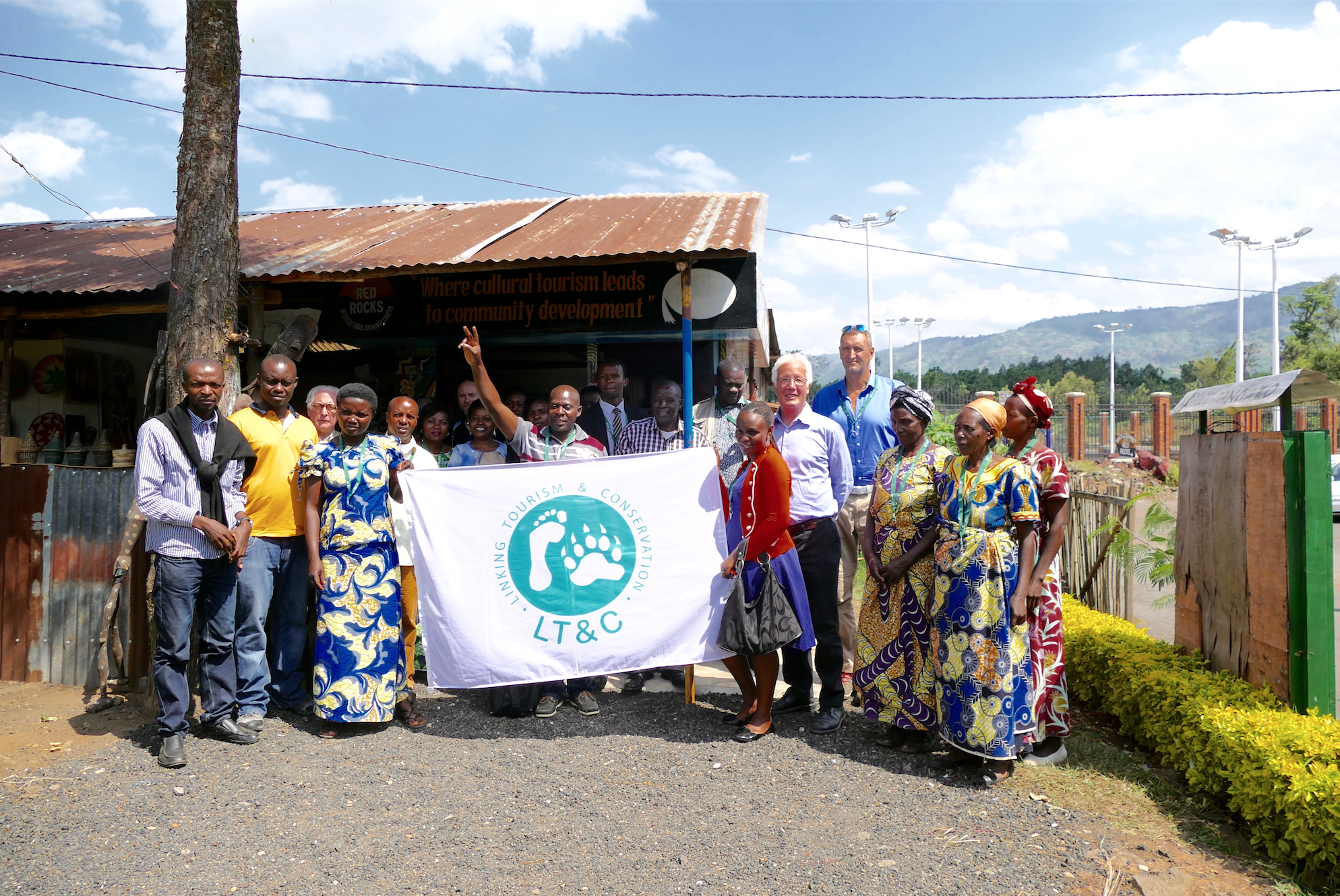Linking Tourism & Conservation (LT&C) is our name; it describes well our mission and what we do. However, some may think we are a group of travel agencies or other tourism businesses. LT&C is a nature conservation organization, an NGO helping making tourism an effective force for the protection of the world’s biodiversity. We know it can work: for this, we have published 39 LT&C-Examples, where tourism is supporting the establishment or management of national parks and other types of protected natural areas. We find that providers of such examples deserve more recognition and attention. They are champions and forerunners demonstrating how tourism can be a more concrete and crucial force to reach the global goal of a complete, representative and a well-managed worldwide network of connected protected areas for safeguarding our biodiversity.
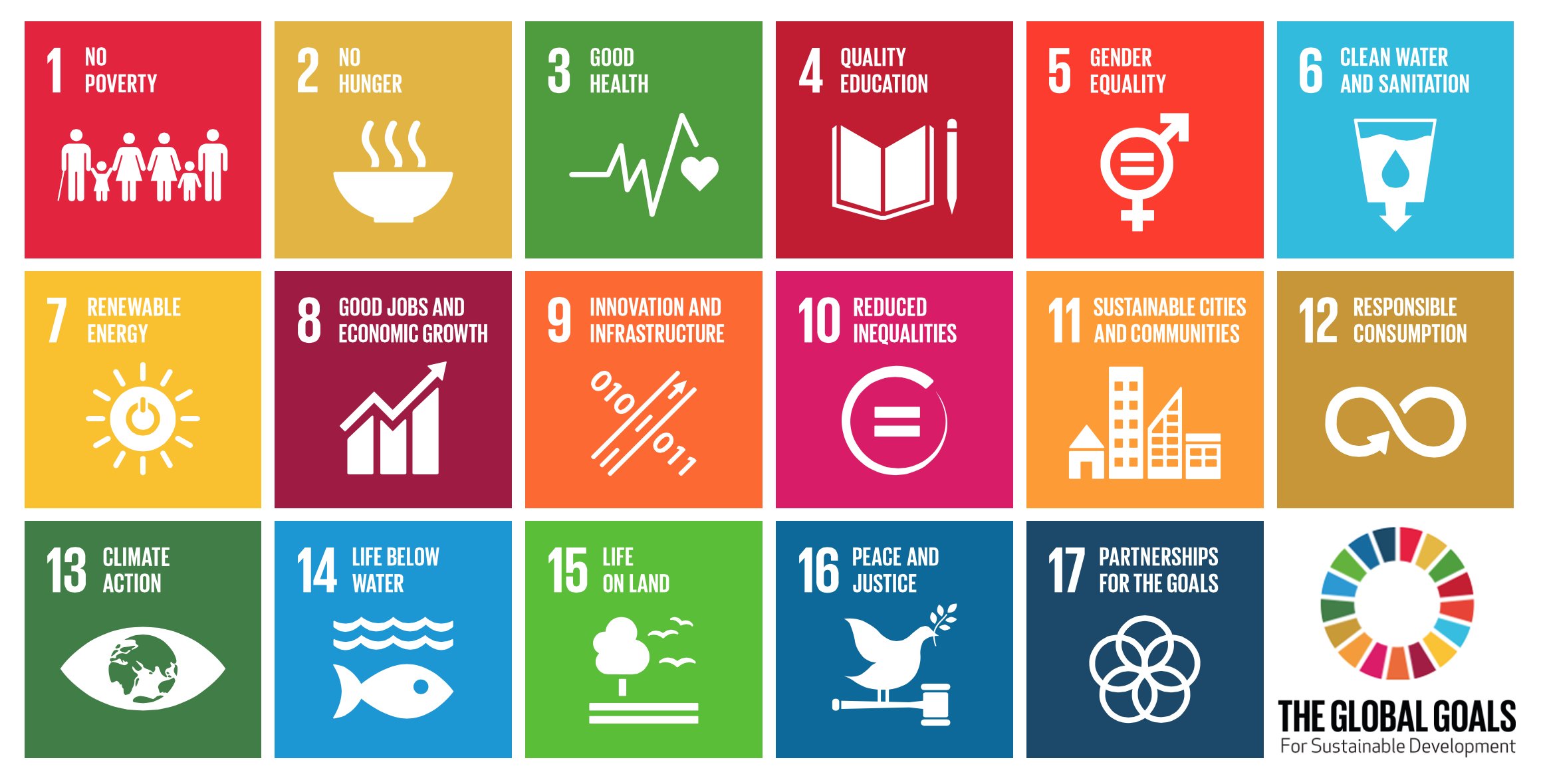
Protecting Life below Water (SDG 14) and Life on Land (SDG 15), linked to addressing climate change, rank as the most important of the global Sustainable Development Goals (SDGs) all countries of the world have decided to go for. In global society, on top of increased awareness about the climate crisis, people everywhere have become significantly mobilized on the urgency to protect the world’s biodiversity.
When talking about tourism, most people have all of its negative impacts in mind. And certainly, too many tourists still influence nature in a bad way, not to speak about the effect of their travel on climate. Tourism is a very resilient global economic sector, yet the current crisis is affecting it more than others, in ways that are still being assessed. Let us take the opportunity of this crisis to come up with transformative solutions to deal with the problems it contributes to produce. Tourism has in fact, besides education, the potential to support all the 17 SDGs. That is described in the following joint publication of UNWTO and UNDP, which we recommend to download (click on the picture) and read:
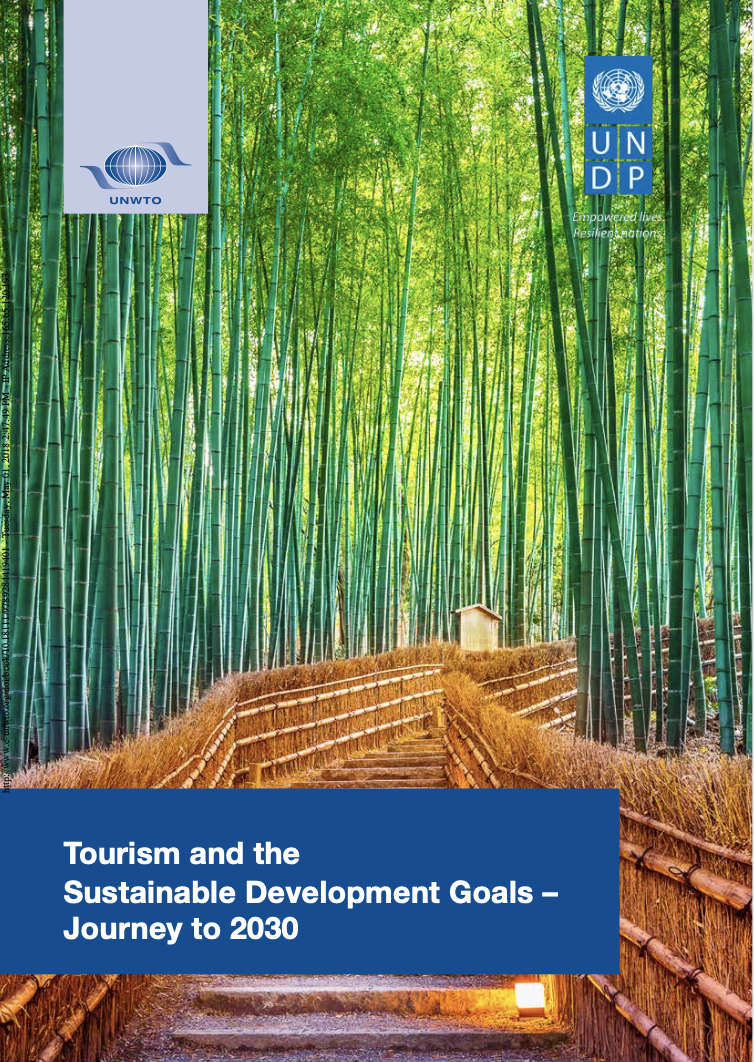
For our German readers: here is also a German version of the publication:
LT&C has been established to focus on SDGs 14 & 15, on Aichi Target 11 of the UN Convention on Biological Diversity (CBD) and in corresponding targets in the post-2020 global biodiversity framework currently being developed. Our global network of members with expertise in both realms, tourism and conservation, aims to identify, promote, analyse, support, replicate and upscale LT&C-Examples of tourism supporting protected areas and conservation of biodiversity, and call for commitments of tourism networks and business associations towards this goal. We are thereby working with CBD Parties, its Secretariat and business networks to make tourism an implementing force for protected area-related goals. When the 195 governments, the Parties of the CBD, meet for their COP15 in Kunming, China in October 2020, new goals will have to be decided for the protection of the global biodiversity to be reached by 2030 and beyond. It will be crucial to go for ambitious goals for safeguarding the world’s ecosystems and species. Promising messages are already sent out by some countries, such as Costa Rica and Canada, to strive for that at least 30% of the world on land and sea gets protected; yet in some cases, 30% is not enough. Many players have been proposing that “nature needs half”.
In any case, the tourism sector, which depends on and benefits so much from intact nature, needs to mobilize, voluntarily and through regulation where necessary, to play a role here proportionate to being responsible for up to 10% of the global economy, and much more in many megadiverse countries. The sector needs to actively help convince their governments to decide on the most progressive goals, and then offer themselves to be on the implementing side.
But how will the present Corona crisis affect all this?
As tourism, also the present Corona pandemic can be seen from two or more sides. At least it is causing us all to re-think and re-evaluate how we interact with our world. With the far-reaching shut-down of travel and other economic activities, the pressure on nature is certainly decreasing, which is a good thing. Nature can breathe and recover for a while. And also the climate benefits. However, the crisis in the sector will affect the world as well: jobs have been lost, revenues across the sector have fallen by up to 80%, and there is no perspective of improvement nor a clear strategy on how to address the crisis. What can we learn in this new period, where so much is changing, for the time the health crisis is over?
Presently, for tackling the health crisis, it is most important that everybody is following their government’s decisions and rules. And when it comes to the economic side, governments have to take very difficult and serious decisions, whom to help first and which businesses to save from bankruptcy. Impacts are felt at the upper level in the supply chain but will need to be distributed fairly. This provides also enormous steering power to governments. As all the governments of the world, in regard to the future we want, had subscribed since 2015 to the Sustainable Development Goals, it would be logic to use the SGSs now even more than ever as the road map for everybody for leading us out of both the present health and economic crisis, as well as of since longer existing humanitarian, climate and also biodiversity crises. This could mean that financial survival help should not be spread evenly but clearly be concentrated on people and businesses engaged and contributing to the future we want, described by the 169 targets of the 17 SDGs.
The tourism industry is not only one of the biggest economies of the world, but at present also one of the most hard-hit by the Corona crisis. It is, therefore, a question, when we provide stimulus packages, to ask ourselves which kinds of tourism benefit the future we want and therefore deserves help. In regard to biodiversity protection and the related Global Goals, we are of course most concerned upfront about the survival of the LT&C-Example providers and our members involved in tour operations in support of LT&C-Examples. They, from the perspective of protecting a basic asset for the SDGs, deserve help from governments and others first in the sector.
To just give one example, where tourism plays an important positive role, although needs to be clearly regulated: The national parks of Rwanda, DRC and Uganda, which are the home of the endangered mountain gorilla population. As readable in the “Good Tourism” blog, “Mountain gorillas are highly susceptible to human-borne diseases and might be threatened by COVID-19. The good news is that the International Gorilla Conservation Programme is using the COVID-19 moment to tighten the “Certified Gorilla Friendly” tourism standards it wants to see implemented in Rwanda, Uganda and the DR Congo.” It can be seen as an advantage that those rules presently can be easier implemented in times of heavily decreasing numbers or lack of tourists wanting to have their life experience of watching gorillas in the wild.
At the same time, as the International Gorilla Conservation Programme (IGCP), which is supported by Conservation International, WWF and Fauna and Flora International, states: “Responsible tourism is a cornerstone of mountain gorilla conservation and crucial to their survival. It is the lifeblood of the national parks and generates vital revenue to support the human needs and aspirations of nearby communities.” This statement we can only underline with the LT&C-Examples, our member Greg Bakunzi is been involved in. With his Amahoro Tours, he is a direct supporter of the Virunga national park and therefore listed at the website of the Virunga Foundation as a credible tour operator. He is also the provider of the Kahuzi-Biéga national park LT&C Example. And with his non-profit organisation Red Rocks he is setting an example of supporting national parks in Rwanda, DRC and Uganda as being a direct supporter of local societies. Green Destinations awarded him therefore in 2018 as the “Best of Africa” among the world’s Top 10 Sustainable Destinations.
There are these kinds of tour operators and LT&C-Examples, which should be seen and supported first, whether in the present time of the Corona crisis or also afterwards and in general. LT&C just at its recent Future Workshop had decided to bring all LT&C-Example providers more closely together and supporting each other. And if we want to see those positive cases growing, where tourism is supporting protected areas, we encourage our LT&C-Example providers to couple with a potential replicator of their example. If they can agree on and design a concrete project and proposal of how their LT&C-Example will be replicated, financial institutions or other donors should be interested to support such efforts.
